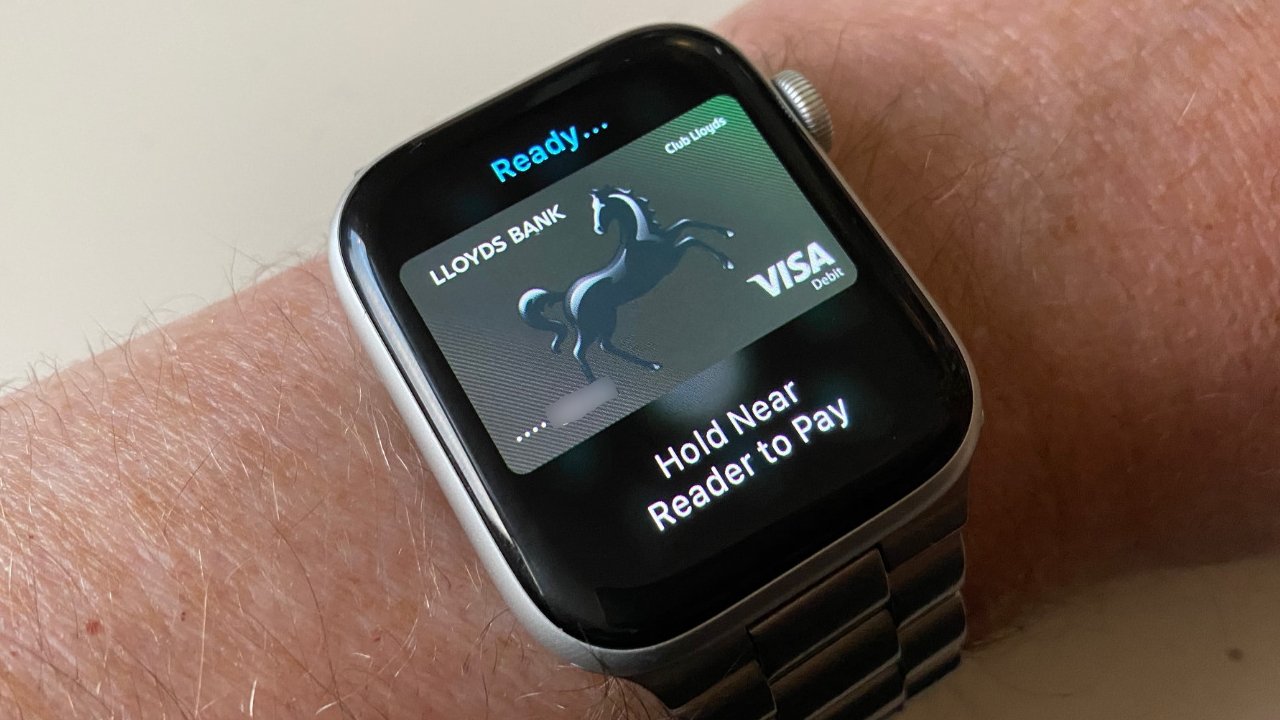The US Consumer Financial Protection Bureau says it will apply rigorous oversight to Big Tech payment systems such as Apple Pay.
The Consumer Financial Protection Bureau (CFPB) recently fined Apple and Goldman Sachs a $90 million penalty over disputed Apple Card payments. However, it has long argued that digital wallet systems such as Apple Pay should be regulated like credit cards and banks are.
According to Reuters, the CFPB has now said it will step up its supervision of Big Tech companies. While CFPB did not name companies, it outlined plans for its oversight of payment apps and platforms.
“Digital payments have gone from novelty to necessity and our oversight must reflect this reality,” CFPB Director Rohit Chopra announced. “The rule will help to protect consumer privacy, guard against fraud, and prevent illegal account closures.”
The rule Chopra refers to is a threshold where technology firms whose digital wallets process more than 13 billion financial transactions annually, will be subject to the new oversight. The rule means that Apple Pay is included, as are others such as Google Pay, and Venmo.
Apple has not yet responded to this announcement in the US, but the new rule is similar to one it has previously objected to in Australia.
“Apple believes the proposed expansion… will increase regulatory burden without aa net public benefit, give rise to… regulatory error,” Apple said in October 2023, “and stifle the dynamic innovation that has characterised Australia’s payment system over recent years.”
The CFPB did run a consultation process where firms such as Apple could present their arguments, and that process was originally due to conclude in early 2024. It’s not clear whether that was extended, or what the timetable for implementing the rule is now.
It is possible that the new oversight rule may never come into force, however, because of the new Trump administration. Previously, the administration has accused the CFPB of overreach, and so it may yet block the move.





